‘Life changing’ multi-cancer drug funding proposal in jeopardy
Australian cancer patients dying in wait for affordable access to a life-changing treatment have been dealt a major blow after health officials knocked back a proposal to dramatically speed up financial help.
National
Don't miss out on the headlines from National. Followed categories will be added to My News.
Australian cancer patients dying in wait for affordable access to a life-changing treatment have been dealt a major blow after health officials knocked back a proposal to dramatically speed up financial help.
Patient groups and experts are calling on Health Minister Mark Butler to intervene and overrule the Pharmaceutical Benefits Advisory Committee (PBAC), which has recommended against a proposal to subsidise the immunotherapy Keytruda for multiple cancer types at a time.
It takes on average 447 days between Keytruda receiving safety approval for a cancer type and being listed on the Pharmaceutical Benefits Scheme.
Manufacturer MSD Australia and New Zealand is seeking to instead have the immunotherapy approved for groups of cancers with the same drivers and biomarkers, no matter their location in the body.
But minutes from the PBAC’s September meeting show while the independent body agreed with the need for a “simplified” approval process, it disagreed with the multi-cancer idea.
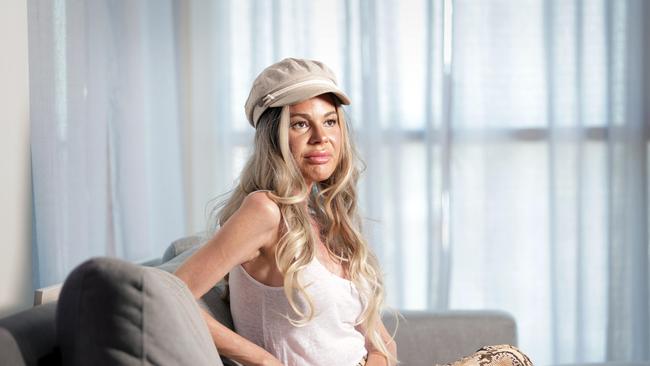
It can be revealed Mr Butler will now be seeking an update from the PBAC next week.
Rare Cancers Australia chief executive Christine Cockburn said if the federal government followed the PBAC’s suggestion, many patients with rare types would get “left behind”.
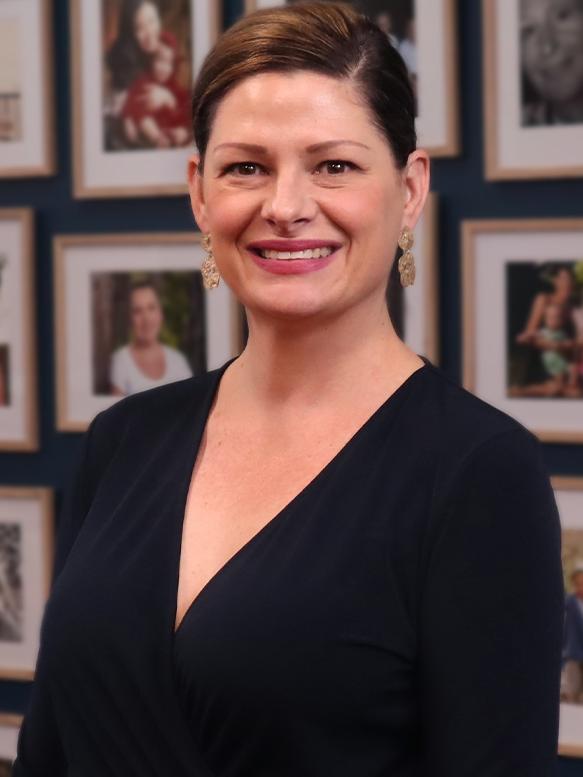
“People are missing out, they’re either paying through the nose and remortgaging their houses, or they die,” she said.
“This medicine is here, and it’s being used successfully to extend and save lives, and Australia’s PBAC is turning its back on that evidence, and deciding to go back to the status quo.”
The world of Natalie Willacy was turned upside down in March this year, when she was diagnosed with adrenocortical carcinoma, a rare and aggressive cancer that impacts less than one in a million people.
With a 20cm tumour spread around many vital organs, the 34-year-old from Byron Bay was told her condition was incurable, inoperable, and doctors in Queensland feared she may not even survive the night to begin chemotherapy.
“They basically said to my mum, she’s not going to make it through the night, if she does we’ll do chemo for a week, but get your affairs in order,” Ms Willacy said.
She survived that night, and three aggressive rounds of chemotherapy later her usually-stoic doctor “cracked his first smile” as Ms Willacy’s genomic testing had indicated she was eligible for immunotherapy, a far more targeted treatment that is less harsh on the body.
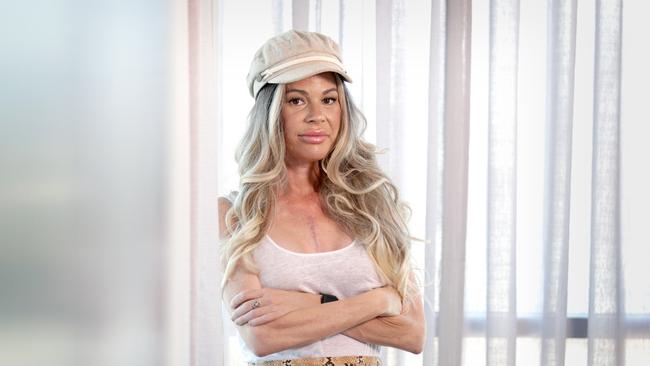
The catch was, for her cancer type, Ms Willacy would not be able to get subsidised treatment.
So she drained her entire superannuation savings and began receiving a double dose of the treatment, Keytruda, every six weeks, paying $8,000 out of pocket each time.
“If my cancer was 12cm higher in my breast, I wouldn’t have had to pay,” she said.
“It’s so much money just because your tumour is in the wrong place.”
After five rounds, Ms Willacy’s tumour had shrunk to 12cm and was deemed operable.
She went through a “massive operation” that resulted in surgeons having to remove a kidney, half of her liver, parts of her lung and do open heart surgery.
Her doctors began talking about the possibility of her treatment being “curative,” but recommended she continue the full two-year course of Keytruda.
She’s spent more than $40,000 so far, and her life is dominated by the financial strain of finding $8,000 each lifesaving treatment, but admits the future is daunting.
“The goal is to live,” she said. “And then at some point I have to think about starting all over again financially.”
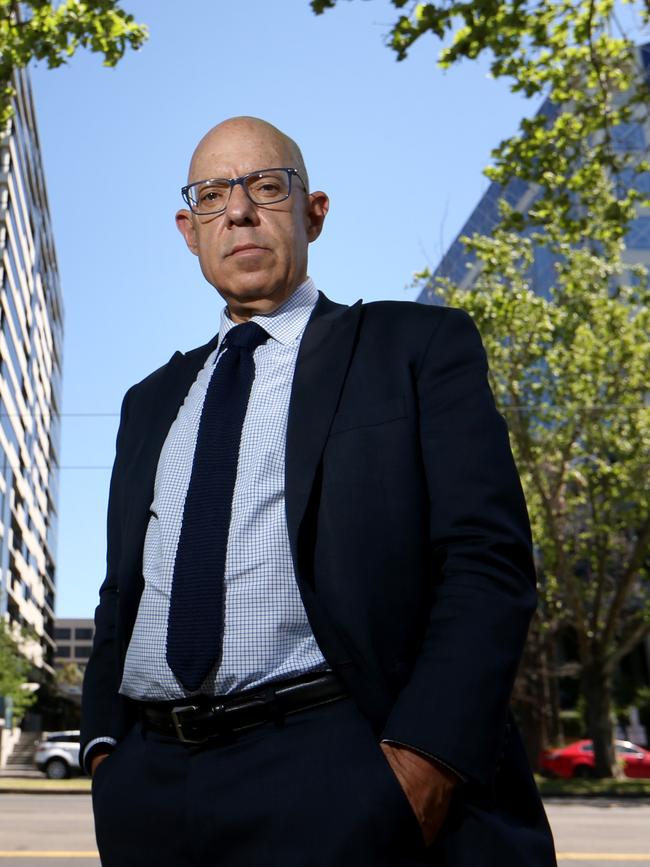
Oncologist Professor John Zalcberg said immunotherapies had “changed the landscape and management of cancer dramatically,” improving quality of life and survivability across a range of cancer types.
He said it would be “disappointing” if the federal government did not take a different view than the PBAC.
“For patients, it’s life or death,” he said.
“Cancer doesn’t wait for the PBAC.”
Prof Zalcberg said there must still be value for money in what medicine taxpayer dollars fund, but that didn’t mean patients sick today should have to die waiting.
“Other countries around the world have done this,” he said.
“I’m very much in favour of negotiating the best price we can for taxpayers, but the person sick this morning in the clinic who was told they had a very poor prognosis, they shouldn’t have to miss out.
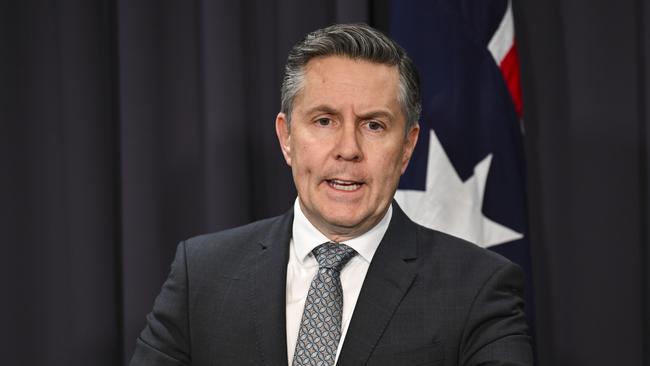
In a statement MSD said it was “disappointed” the PBAC had not agreed to the multi-cancer funding proposal, and would continue to work with the body and health department on the issue.
Coalition health spokeswoman Anne Ruston said she was concerned Health Minister Mark Butler was presiding over decisions that would delay patients having affordable access to potentially lifesaving new medicines, “with no intention to intervene”.
“The Health Minister must outline what steps he is taking to ensure that Australian cancer patients are able to access critical new medicines as quickly as possible through the PBS,” she said.
“Patient’s lives depend on it.“
Mr Butler said he knew Keytruda was a “game changer” for patients battling cancer, and his focus was on giving Australians access to life changing treatments “as quickly as possible”.
“I want to know that the Pharmaceutical Benefits Advisory Committee is doing everything it can to find a solution,” he said.
“I’m meeting with the Chair of PBAC this week and will be asking for an update.”
More Coverage
Originally published as ‘Life changing’ multi-cancer drug funding proposal in jeopardy





